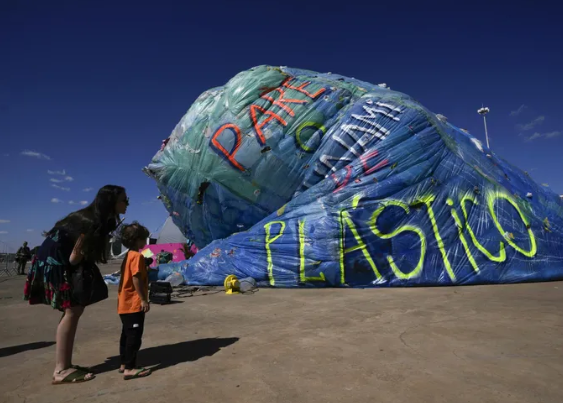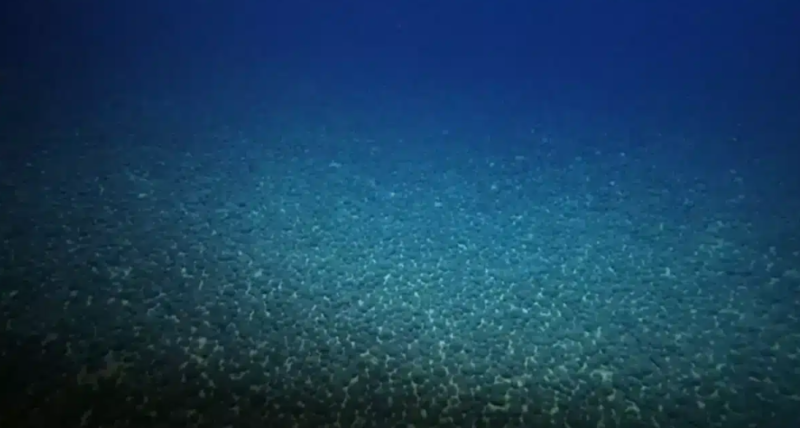But scientists, governments, and associations have not waited for the potential signing of this treaty to take action. At their level, they are already working to prevent plastic from ending up in the ocean and harming its rich biodiversity.
► Beach Cleanup Operations
For over twenty years, the Surfrider Foundation, one of the major organizations fighting ocean pollution, has been organizing beach cleanup operations.
Multiple cleanups are held daily across the world. In 2022, the NGO recorded 2,029 events, which resulted in the collection of 770,420 pieces of waste.
However, beyond the cleanup of specific beaches, these initiatives primarily serve to raise awareness among participants about plastic pollution and the importance of protecting the ocean, a fragile ecosystem. On average, 40,000 to 60,000 people participate in these events annually.
► Scientific Expedition on European Seas and Rivers
From May to November 2019, the Tara Ocean Foundation’s schooner traveled through several European seas (Mediterranean, Atlantic coast, etc.) and the mouths of ten major rivers (the Thames, Loire, Rhône, Tiber, etc.) with scientists onboard.
The goal? To understand how plastics end up in the sea and their impact on marine organisms and the food chain.
Scientists found microplastics—particles smaller than 5 mm—in all the samples collected during the 18 stops.
This expedition, whose samples are still being analyzed, also revealed that plastic particles were already beginning to degrade in rivers. Previously, researchers believed that these plastics decomposed only at sea due to the waves and UV rays from the sun.
► Laws to Reduce Pollution at the Source
To stop the flow of plastic into the ocean, it is crucial to reduce its production. This is the aim of a law passed last April at the EU level: the 27 member states must reduce the amount of packaging produced per capita by 5% compared to 2018 by 2030.
In France, several plastic products have already been banned: first, single-use plastic bags in 2017 (five billion of which were distributed annually), followed by disposable cutlery and plates in 2021.
Starting January 1, 2024, school and university cafeterias will no longer be allowed to use plastic containers for cooking and serving food.
Associations like Zero Waste and No Plastic in My Sea regularly organize challenges to encourage consumers to minimize their purchase of products packaged in plastic.
► Boats to « Clean » the Ocean
Around the world, boats are navigating the seas and oceans to collect plastic and recycle it. A prime example is the vessels deployed by the Dutch NGO Ocean Cleanup, which aims to « clean up 90% of the ocean’s plastic pollution by 2040. »
Franco-Swiss skipper Yvan Bourgnon has launched a similar project, called « Manta. » The 56-meter-long ship will collect, process, and recover 5,000 to 10,000 tons of plastic waste annually, starting in 2026.
Although ambitious, these projects represent only a drop in the ocean compared to the millions of tons of plastic in the ocean, most of which have degraded into microplastic particles invisible to the naked eye.
► Barriers Installed on Rivers
Eighty percent of the plastic waste polluting the oceans comes from rivers. In recent years, engineers have created barriers that can be installed on waterways to capture these waste items before they reach the sea.
An example is the « bubble barriers » created by a Dutch startup. This system, installed upstream from the Villette Basin in Paris in September 2023, is said to capture up to 86% of waste from a watercourse, according to the company deploying it.
Source: La croix



